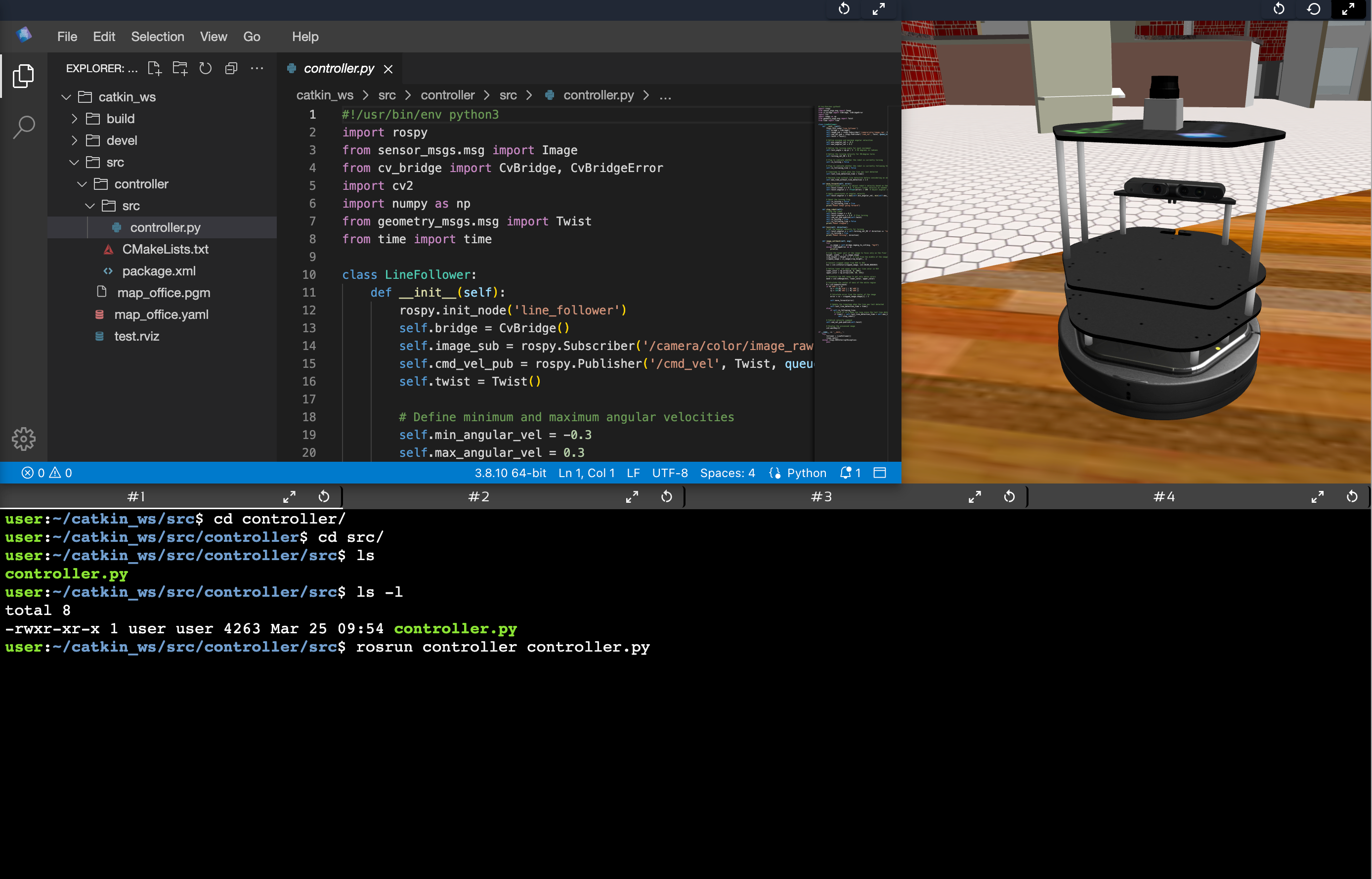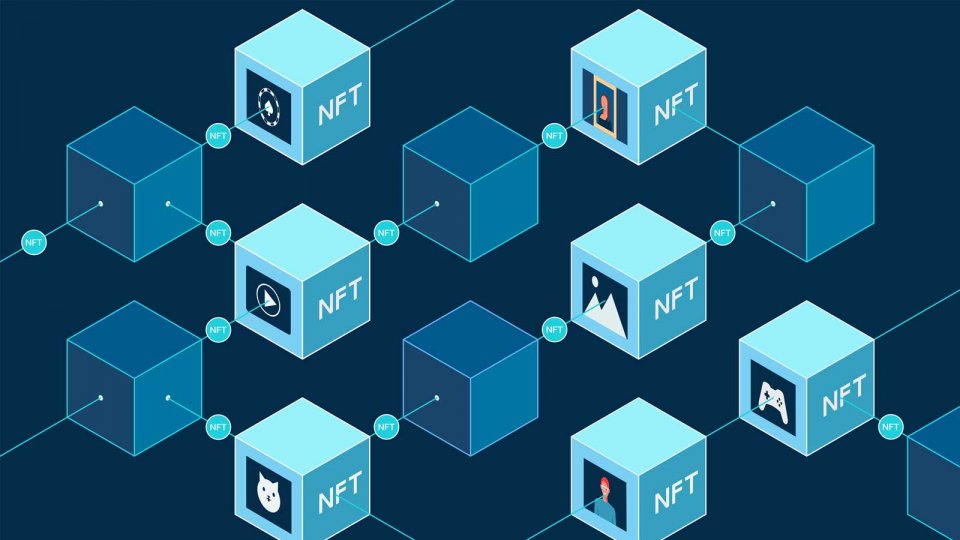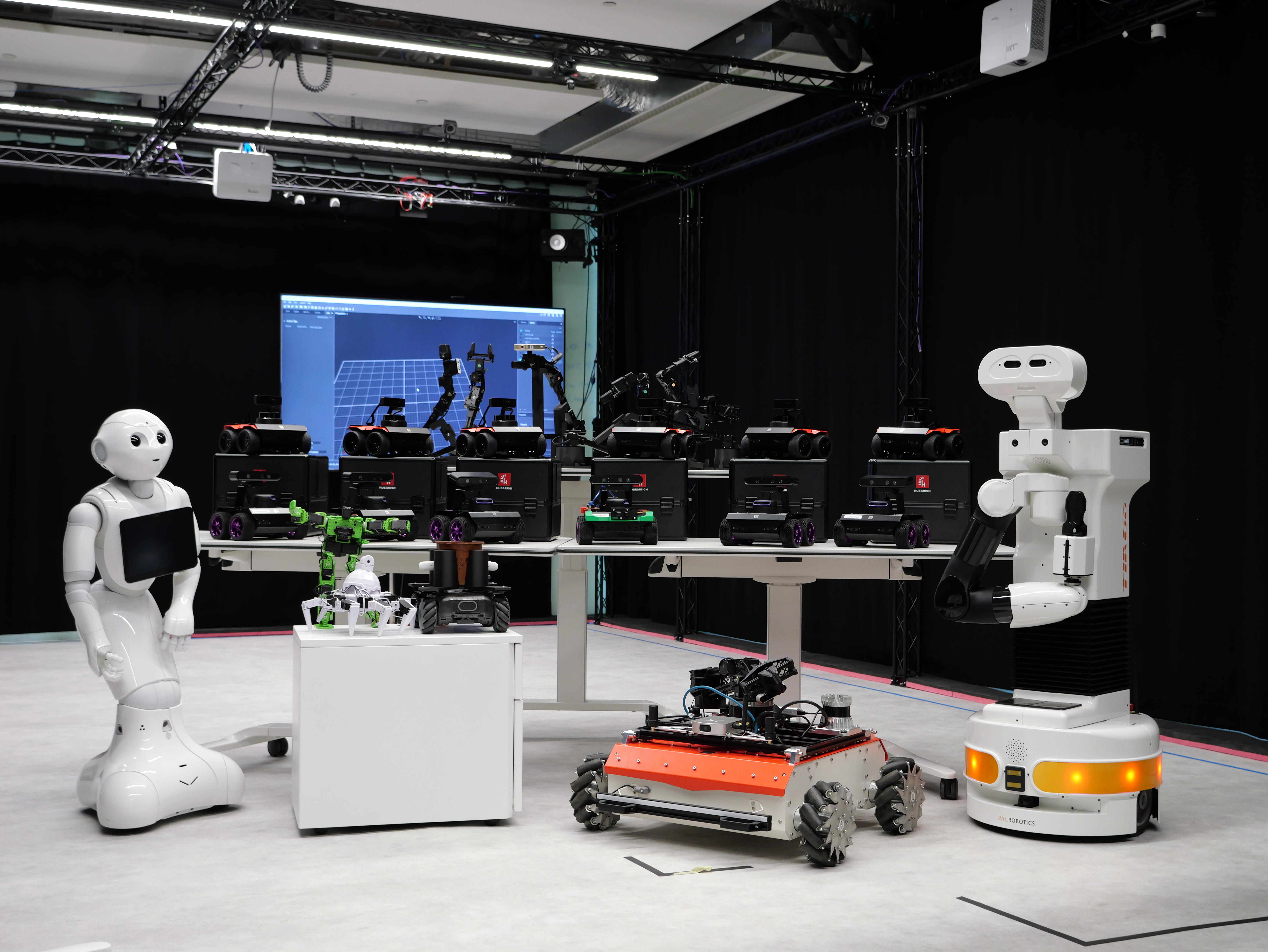
Robotics and Automation (Syllabus)
This course introduces students to the fundamentals of modern robotics, focusing on sensing, planning, and actuation. The course emphasizes practical skills using ROS (Robot Operating System) through simulations involving robotic arms, drones, and autonomous rovers. Students explore robot modeling, control systems, and computer vision, alongside cutting-edge topics like bio-inspired robotics, and human-robot interaction. The curriculum combines theory lectures and research analysis. By the end, students are equipped to design, simulate, and evaluate intelligent robotic systems operating in real-world environments.
...

Blockchain, Cryptocurrencies, and Fintech (Syllabus)
This course explores the foundations and practical applications of blockchain technology and decentralized finance. The course covers concepts such as cryptographic principles, consensus mechanisms (Proof of Work vs. Proof of Stake), smart contract programming, DApps, and DAOs. Students engage in hands-on programming exercises and analyze cutting-edge blockchain research. Topics like zero-knowledge proofs and Web3 innovations are also addressed. The course combines technical depth with a forward-looking view of fintech’s role in the evolving digital economy, equipping students to develop secure, decentralized systems and critically evaluate the future of blockchain-based technologies.
...

Robotics and Automation Laboratory (Syllabus)
This course introduces foundational robotics principles—sensing, planning, and actuation—through practical, hands-on experience. Students engage in programming robotic arms, rovers, and humanoid robots applying theoretical knowledge to real-world scenarios. A significant focus lies in teamwork, culminating in a competitive robotics project. This course emphasizes practical skill application and encourages collaborative problem-solving, preparing students for advanced studies or careers in robotics, automation, and artificial intelligence.
...

Trends in Technology for Customer Experience (Syllabus)
This course explores cutting-edge technologies shaping customer experience, including AI, blockchain, robotics, cloud computing, biotechnology, data privacy, and virtual reality. Students critically analyze how emerging technologies create customer value and drive innovation. The curriculum emphasizes practical application through team-led discussions and a group project where students apply these technologies to real-world customer experience challenges. This course prepares students to develop critical thinking skills to strategically leverage technology for customer-centered applications.
...